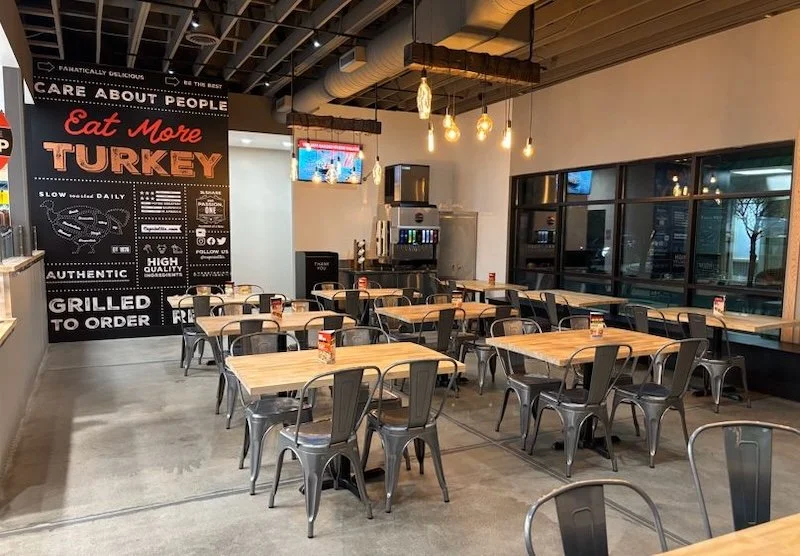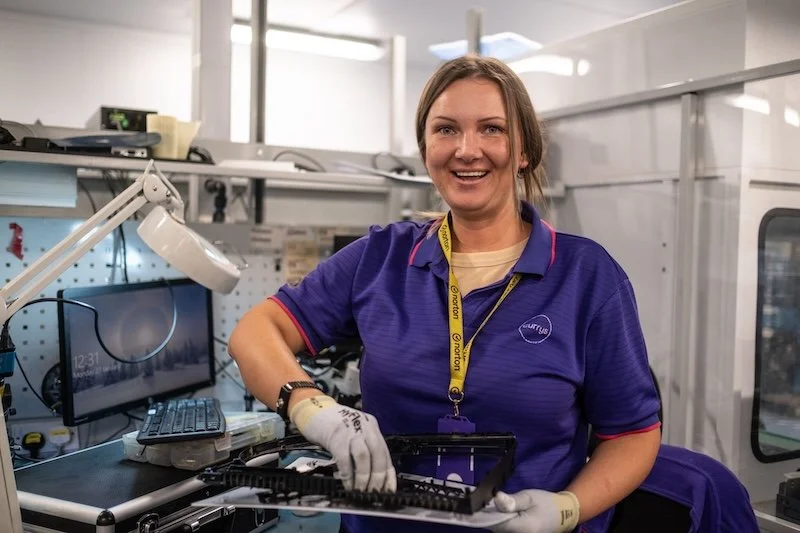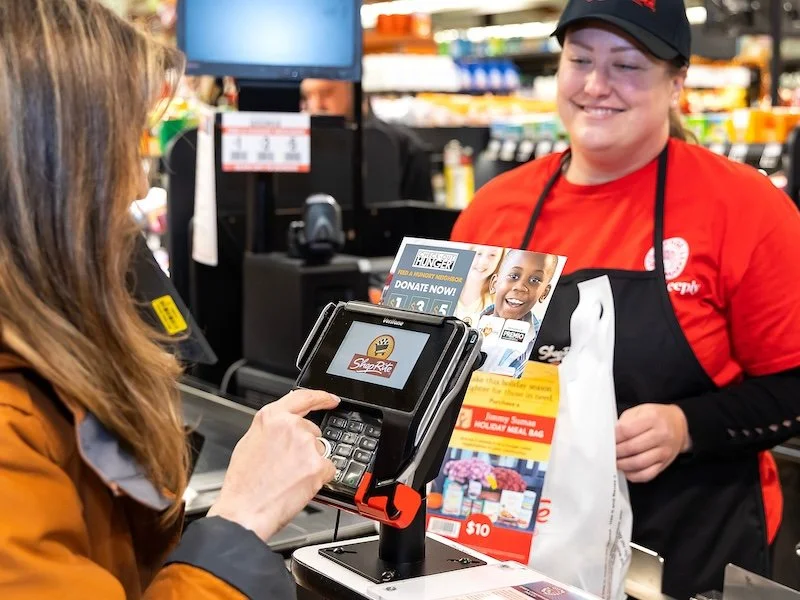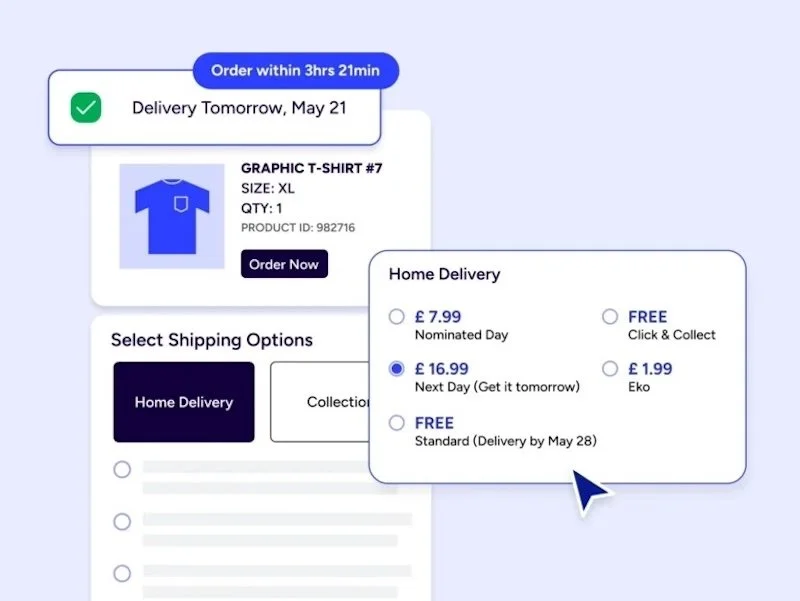Pay360 report: Subway and other merchants share their payments orchestration experiences
Merchants from Subway, Valero Energy, and Flutter International, an online betting and gaming firm that owns the PokerStars and Betfair brands, shared their experiences in using a payments orchestrator at the Pay360 trade show in London this week.
Chris McKarkiel, Director of Global Payments & Fraud Prevention at Subway, said his fast food company uses an orchestration partner as it “takes away the everyday fire fighting” of ensuring universal payments acceptance, even as new methods of paying are invented. It ensures appropriate anti-fraud measures and additionally “provides a single point of view that is helpful when analysing data, flows and so on.”
“It gives our franchisees cheaper payments and more functionality,” said McKarKiel. “It also frees up time to focus on our core business.” This potentially leads to new products and revenue streams.
Catering for change
John Mozie, Card Systems Manager at Valero Energy, a refiner that also owns the Texaco brand, thinks payments have changed tremendously over the years.
“No one is in the back office counting cash anymore,” he said.
“Getting fuel in and out and ensuring customers can pay easily – whether that is card, Google or Apple Pay – is what is key to us. We want to cater to all different types of payments and push the price down obviously.”
An orchestrator can typically do this because of the large volume and therefore economies-of-scale processing costs they have, allied to a newer technology stack for digital payments.
The payments orchestration layer, the platform they provide, integrates and handles flow from different payment service providers (PSPs), acquirers, payment gateways and banks on a single, unified software layer. It simplifies front- and back-end integration between the corporate’s e-commerce estate and various PSPs.
The software executes complete payment processing, from validation to routing and settlement, bringing together merchant and user accounts, acquirers, payment providers and fraud detection and compliance services to initiate, validate, route and process transactions among the parties.
Resiliency and recovery
A platform may additionally handle reconciliation, billing, payouts and reporting, depending how it is specified. It won’t solve everything.
Problems may still arise even if compressing ten use cases into one can deliver efficiencies. For instance, Sainsbury’s was due to be on the panel at Pay360, but its representative was unable to attend as the grocery giant suffered a recent IT outage.
An audience member also shared their viewpoint during the conference debate that orchestrators don’t yet fully cater for her travel vertical’s needs where coupons, rewards and so on are crucial.
“It’s worth persevering. Be patient. The benefits will accelerate in the next few years as well,” said Subway’s McKarkiel, alluding to increasing digitalisation and the rise of yet more payment methodologies, such as digital currencies.
“We are on a journey and are still working through it.”
Olga Gunchenkova, Associate Director Payments Strategy at Flutter International, advised attendees at the Pay360 event to choose their orchestrator wisely, checking their resiliency and recovery capabilities particularly, while stressing: “They can decrease fraud and increase acceptance, which is what all retailers want.”
The orchestrator on the panel, Robert Lincolnev, Founder and CEO at Paydock, added that his job “is to connect things” and in regard to resiliency “if your PSP goes bust you may need to rewire anyway”.
The key is to have good resiliency and recovery policies in place. The ex-retailer thinks orchestrators “solve the problem of how to access FinTechs easily for merchants, at scale.”
In his view the key benefits of orchestration are:
Peace of mind for the user that the lights will remain on and new payment types can be quickly accepted in a compliant manner.
Agnostic routing achieves the best pricing, allied to the efficiency of aggregated processing.
Enriched data services.
It could be argued there is then one single point of failure. But again, no system is perfect and there have been outages at banks and many others in the past, which is why recovery plans are so vital.
For Flutter International’s Gunchenkova, it is good to have an alternative, which also means internal software engineers can be redeployed to more revenue generating activities if an organisation goes down the orchestration route.
“Traditionally, there were only two options,” she said, explaining them as:
An in-house build: Embedded into your core, which comes with accompanying staff and expertise costs and can act as a distraction from focusing on a core business function.
“It’s costly, but flexible in terms of directing flow to multiple payment gateways,” she said, although there is the cost of an installed IT estate that needs maintaining.
Outsource everything to a PSP: “This can deliver cost benefits. But they will route in their favour.”
“The orchestration layer avoid all this and offers an alternative. It’s why I like it,” said Gunchenkova, adding that an online merchant such as Flutter need a really good checkout page that can be altered to suit different country’s needs.
“For example, we offer Pix payments in Brazil as it’s more popular there than Apple Pay.”
An orchestrator can flex to easily meet these differing needs. How far they penetrate into the payments sector in future will be fascinating to see.






























Continue reading…